Decline in Dead Zones: Efforts to Heal Chesapeake Bay Are Working

Although climatic factors and sea level rise are influencing hypoxia, efforts to reduce the flow of fertilizers, animal waste and other pollutants into the Chesapeake Bay, appear to be giving a boost to the bay’s health, a new study that analyzed 60 years of water quality data has concluded.
Birth of an Iceberg
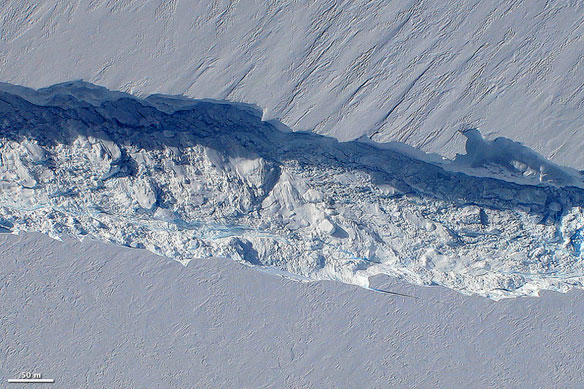
While satellites have tracked the formation of new icebergs, this is the first detailed airborne survey of such an event.
The 42-nation Association of Small Island States Slam Slow Pace Of Climate Talks
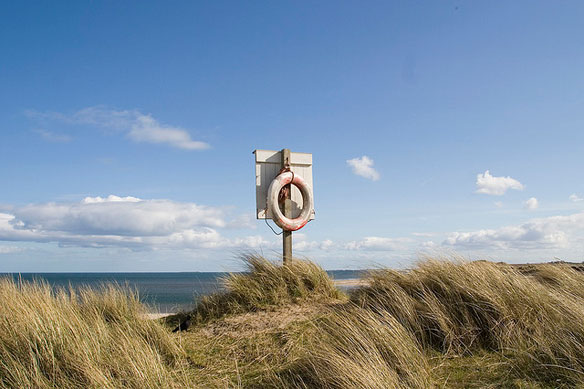
Island states facing rising seas driven by global warming slammed on Thursday suggestions by some rich nations that a comprehensive climate deal can wait until 2018 or later. Such proposals are “both environmentally reckless and politically irresponsible…”
Biggest Jump Ever Seen In Global Warming Gases
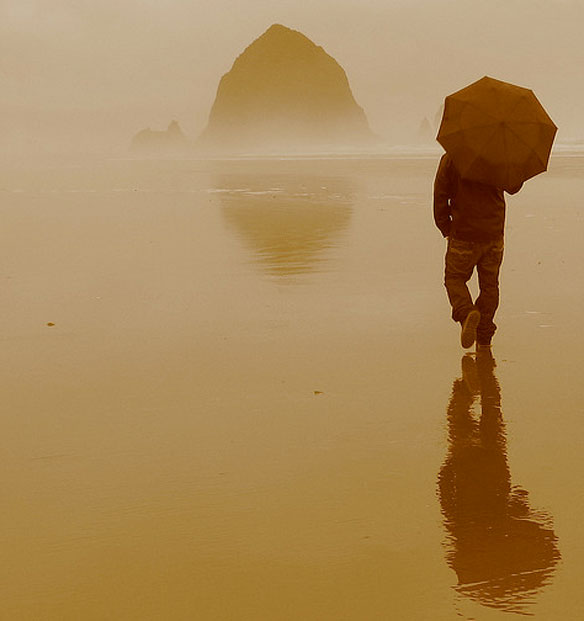
The global output of heat-trapping carbon dioxide jumped by the biggest amount on record, the U.S. Department of Energy calculated, a sign of how feeble the world’s efforts are at slowing man-made global warming.
Tangier Island: Another Disappearing Island In The Chesapeake Bay
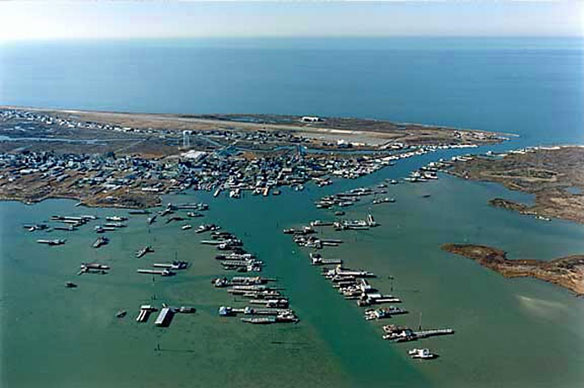
Tangier Island lies in the middle of the Chesapeake Bay and is 92 miles (148km) southeast of Washington, DC. This small piece of land is barely above sea level and its 500 residents are fighting for its survival.
Continuous Rising Waters Prompt Large Scale Evacuation In Bangkok, Thailand
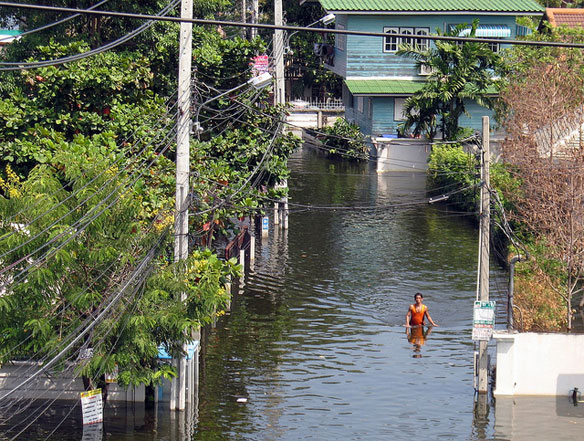
Residents fled Thailand’s capital, Bangkok, on Thursday after authorities warned the city would soon be flooded and called a special five-day holiday to let people escape.
Small nations push climate at Commonwealth talks
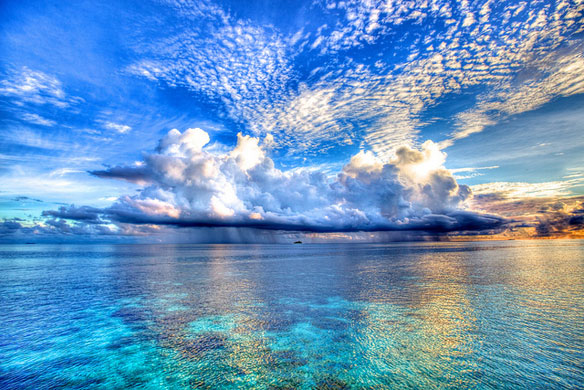
Pacific islands and other low-lying countries experiencing global warming consequences and rising seas, will use a Commonwealth summit this week to ramp up pressure in the climate change debate, on powerful and majors polluters – the United States and China – that are not doing enough to cut their greenhouse gas emissions.
Climate: Which Nations, Cities Most At Risk?
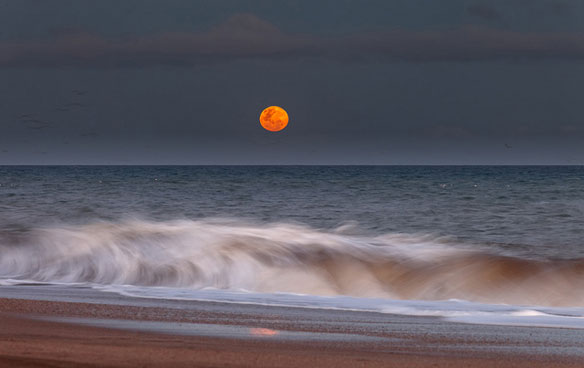
A third of humanity, mostly in Africa and South Asia, face the biggest risks from climate change, and rich nations in northern Europe will be least exposed, according to a report released Wednesday, by Maplecroft, a British firm specialising in risk analysis.
Seven Billion And Counting
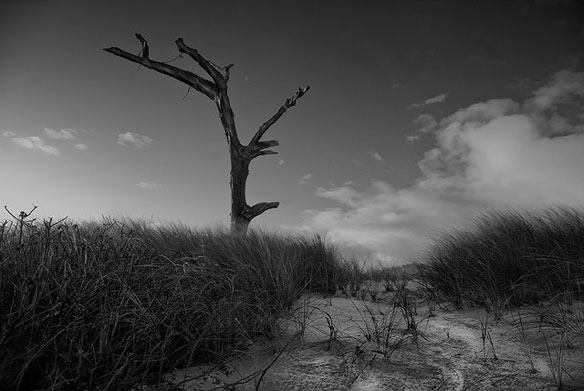
How is the changing global population affecting people’s daily lives? With the UN set to announce that there are now seven billion people on the planet, BBC News reporters spoke to seven people from around the world to hear their stories.
